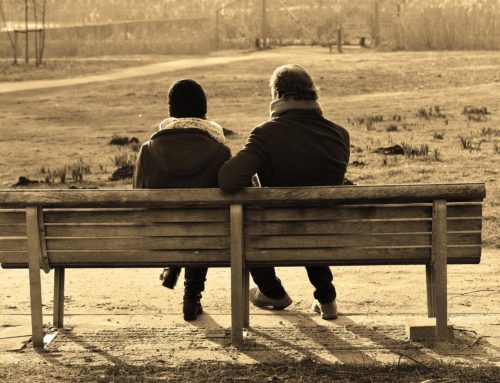Today we are going to investigate Social Anxiety Disorder, another major type of anxiety disorder that affects around 15 million people in the United States. We will be exploring the idea of “social phobia” and how a fear of social interaction can affect your life or that of a loved one.
Social Anxiety Disorder stands out from other disorders for its concentration on social interaction, which is commonly referred to as social phobia. A phobia is an unreasonable or exaggerated fear about a specific trigger, which could be a person, object, place, or situation. In this case, social phobia represents a fear of socialization; however, unlike phobias of spiders or clowns, social anxieties involve the individual’s worries about what their trigger will think about them.
They may worry about being harshly judged, looked down upon, or rejected. Therefore, it is not uncommon for individuals with social anxiety disorder to shy away from most social situations. They may avoid interactions more often if the individual is experiencing physical symptoms, such as sweating, blushing or trembling. When these symptoms are showing, they feel especially vulnerable and suspect that other people can easily recognize their anxiety.
Individuals with social anxiety disorder can also experience panic attacks or negative loops, which places them at risk of developing depression. These symptoms can be further magnified by social isolation, avoidance of friends and family, and alcohol and drug use.
What effects can social anxiety disorder have on your life? While nearly all anxiety disorders can interfere with daily functioning, social anxiety disorder can be especially detrimental. A fear of social interaction can make it difficult to function in any place where groups of people are present, including work, school, the grocery store, or any other public establishment. This anxiety can also ruin personal relationships with friends, family, and romantic partners, especially if the individual with social anxiety disorder is unwilling to talk about their illness.
There are, however, treatments available to help individuals with this disorder overcome their social anxiety and regain control of their lives. Health care professionals can provide you with effective strategies and coping tools to manage your fears. Often these techniques aim to address negative thought patterns and slowly expose you to your phobia. Even though social anxiety disorder is a chronic illness, it can be reduced and eventually surmounted with proper treatment.
If you are experiencing intense social anxiety or distress, seek help from a local Spokane health care professional. Reach out to Damaris through her contact page or calling 509-342-6592.
References:
Anxiety and Depression Association of America (ADAA)






